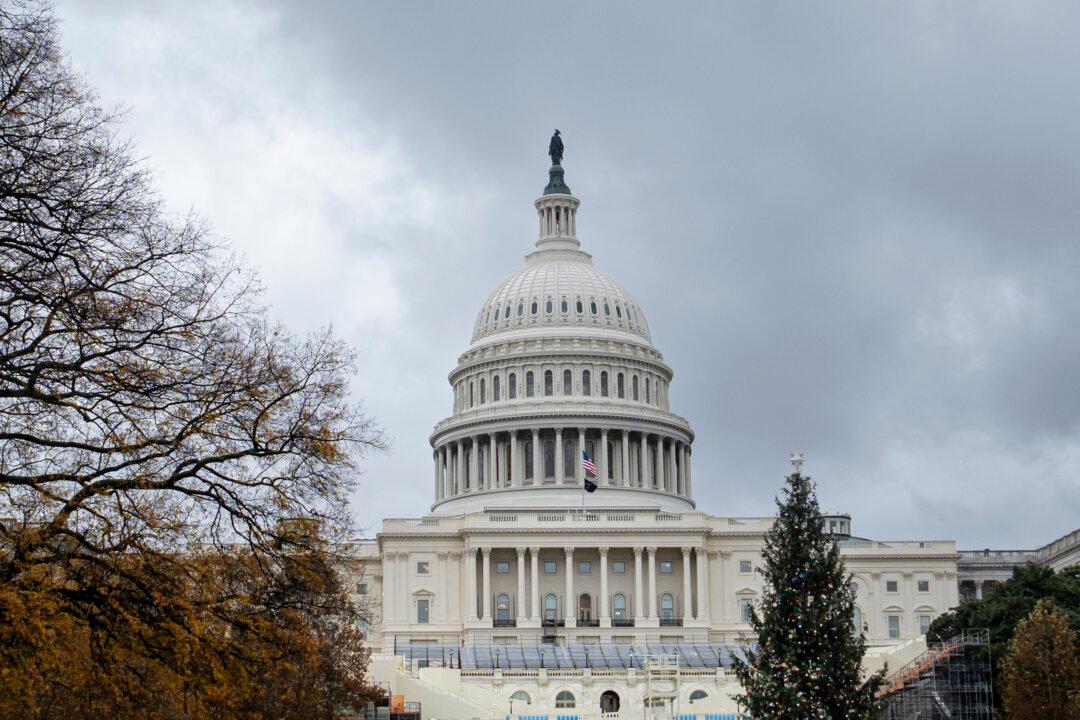After years of failed attempts, the first federal legislation to combat campus hazing is poised to become law.
The bipartisan Stop Campus Hazing Act cleared the House in September and gained unanimous approval in the Senate on Wednesday. It now awaits President Joe Biden’s signature.





